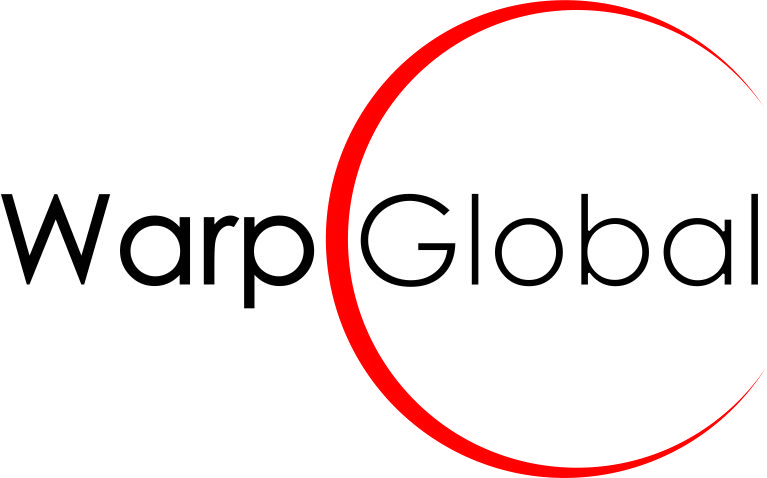In a recent Coindesk article titled “Meet the Dad Who Registered His Daughter’s Birth on the Blockchain”, Santiago Siri explained why and how he did so. This got me to thinking about all the refugees leaving Syria and heading to continental Europe, Canada and the US. Many have no governmental identification whatsoever. They are interviewed by representatives of the country they are seeking refuge in and provided with refugee status in that country based on their verbal testimony. How different is that from Santiago registering his daughter’s birth on the Blockchain as a first step in establishing her identity? Might Blockchain provide a secure, auditable and multi-faceted solution to identifying refugees, granting them access to government services, bank accounts and ultimately citizenship? Might it also provide authorized government agencies a way to efficiently track bad actors assuming the appropriate subpoena process is followed for access to portions of a person’s identity?
This tragic situation could provide the opportunity to universally “identify the unidentified” while providing all stakeholders, including the refugees themselves with significant benefits in an increasingly connected world. Frameworks being developed by Open Identity Exchange (http://oixnet.org), Identity Ecosystem Steering Group (http://www.nist.gov/nstic/about-idesg.html) and the Personal Data Ecosystem Consortium (http://pde.cc) may provide part of the answer. Numerous startups in the blockchain space working with these types of initiatives or developing other approaches are likely also part of the solution. Governments, financial institutions, health care organizations and commercial enterprise in general all have a vested interest in this situation.
I look forward to your comments and expanding with you the potential for Blockchain or “Blockchain like” technology to help with this identity crisis.
Ken

1 comments on “Blockchain’s Potential Role in the Syrian Refugee Crisis”